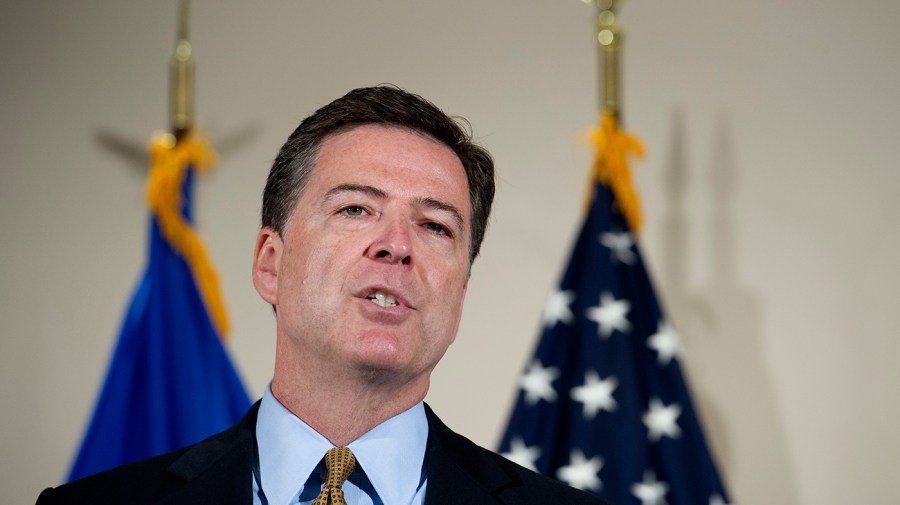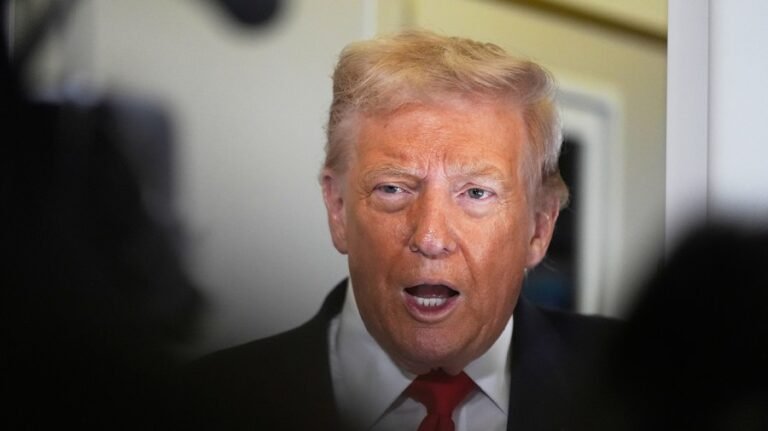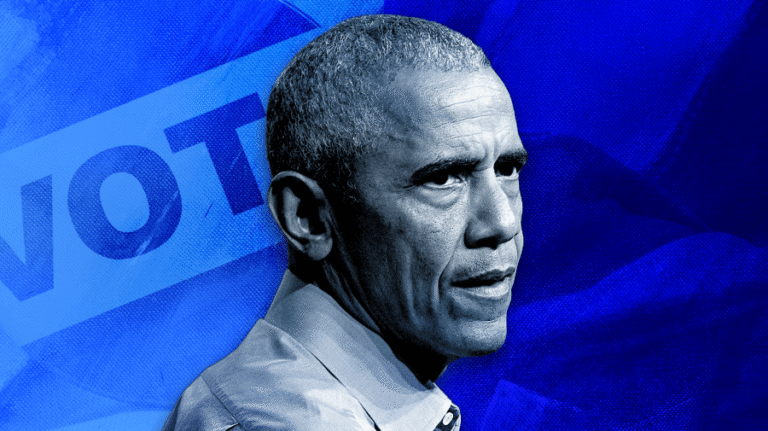
Former FBI Director James Comey asked a judge to dismiss the case against him for lying to Congress, saying everything he said in his 2020 testimony was “literally true.”
The filing from Comey’s legal team goes on to slam Sen. Ted Cruz (R-Texas) for a “fundamentally ambiguous” line of questioning.
“Fundamental to any false statement charge are both clear questions and false answers. Neither exists here,” Comey’s attorneys wrote in the Thursday filing, noting that the statute requires “false answers to precise questions.”
The two-page indictment of Comey was brought after a career prosecutor left the Justice Department over concerns in the case, with President Trump then appointing one of his former personal attorneys to oversee it. In an unusual move, Lindsey Halligan, who is now leading the Office of the U.S. Attorney for the Eastern District of Virginia, is the only attorney to have signed the indictment.
The sparse indictment doesn’t offer specifics about the exchange on which Comey’s charges are based. But it references questions about whether Comey authorized his deputy Andrew McCabe to leak to the media about an investigation into the 2016 Trump campaign, a line of inquiry only touched on by Cruz.
Cruz initially summarizes testimony Comey gave during a 2017 appearance before Congress, when Sen. Chuck Grassley (R-Iowa) asked if he’d ever been the source for leaks on the Trump campaign probe.
Cruz went on to summarize statements from Comey’s then-deputy, Andrew McCabe, statements the filing said “McCabe simply had not made.” Cruz then asked the FBI director who was telling the truth about the alleged leaks.
Comey said only that he stood by his original testimony.
“After speaking for more than a minute, Senator Ted Cruz asked Mr. Comey to recall statements he had made three years earlier and to simultaneously address statements that Senator Cruz incorrectly claimed were made by Andrew McCabe,” the filing states.
“In doing so, Senator Cruz never indicated that he wanted Mr. Comey to address the statements or activities of any person except for Mr. McCabe.”
The Grassley exchange is now beyond the statute of limitations, while Comey was charged just days before the clock would have run out on the 2020 testimony.
However, confusing matters further, prosecutors have since said in court that Person 1 and 3 referenced in the indictment are not McCabe and Trump but rather a close friend of Comey’s, Daniel Richman, and former Secretary of State Hillary Clinton.
While Cruz’s session included broad statements about authorizing FBI leaks about either investigation, his questions only referenced McCabe.
“A reasonable person could have understood Senator Cruz’s questions to be entirely unrelated to Mr. Richman or anyone else at the FBI—and to have focused on Mr. McCabe alone,” Comey’s filing states.
“On that reasonable understanding, the indictment contains no allegations that Mr. Comey’s answers were false: it never alleges that Mr. Comey made a false statement regarding Mr. McCabe.”
Comey is facing another charge of obstructing a congressional proceeding, and his filing complains that his defense team still does not know the basis for the charge and whether it’s even related to the Cruz line of questioning, hindering their defense.
“To the extent Count Two rests on the same false statements as Count One, that count should also be dismissed for the reasons set forth herein,” Comey’s team wrote in the filing.
“But as it stands, Count Two’s lack of specificity renders it inherently and separately defective for failing to provide adequate notice to Mr. Comey of the charge against which he must defend.”


